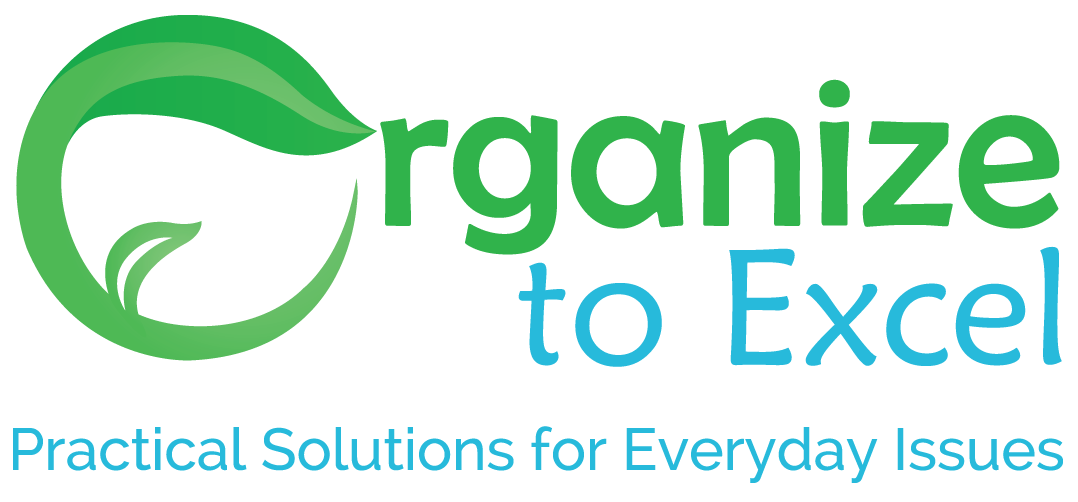Easy access to documents ensures employees can spend their time working on the projects at hand rather than looking for a piece of paper. Estimates of the time that the average employee spends looking for documents range between 2 and 8 hours per week (statistics gathered by the National Association of Professional Organizers) or 100 to 400 hours per year.
We all know time = $, let’s look at the breakdown. According to Gartner Group, Coopers and Lybrabd, Ernst & Young, the average time to retrieve and refile a paper document is 10 minutes. An average of 3% of documents are lost or misfiled, and have to be recovered at a cost of $120 per document. This equates to a cost of $2,160 to $8,640 per year.
An effective paper filing system will reduce the amount of time people have to look for documents and reduce the number of documents that are lost or misfiled, therefore reducing cost. It’s a win-win-win.
Keys to effective paper filing systems:
- Label files clearly
- Have some order to the filing. You may use different types of systems for docent categories of files.
- Alphabetical – useful for client files
- Categorical – can separate different categories such as vendor files, client files, financial files, etc.
- Chronological – useful for financial files
- Frequency of use – can keep documents that are referred to frequently at the front of a file cabinet.
- Priority based – particularly useful for active projects.
- Create rules for where each type of document should be filled.
- Only have one home for each type of document.
- Create naming conventions for files that everyone uses.
- Have a system for quickly identifying where a document or file folder should be returned to if it is removed from the filing system.
- Keep active files separate from files that need archiving.

